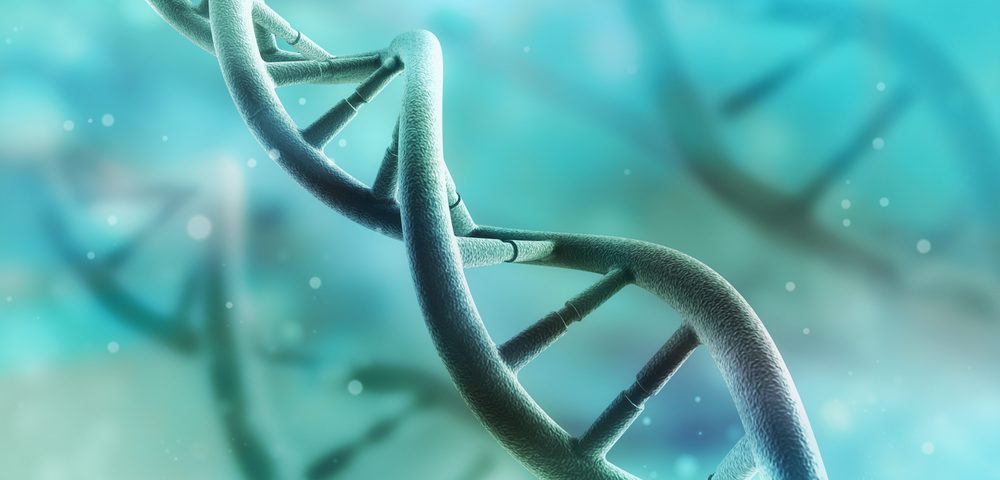With the aim of advancing personalized therapy, a pilot study will investigate a possible correlation between gut microbiome and ovarian cancer.
The investigation is the initial development of a new partnership between Viome, whose proprietary gut microbiome test is used to personalize diet and nutrition recommendations, and Helomics, which seeks to improve standards of patient care through more and improved tailored treatments and diagnostic tools.
Results will be announced at the pilot’s conclusion. The length of the study is unclear.
“We are excited to kick off this novel study to help the millions of women suffering from ovarian cancer,” Naveen Jain, Viome CEO and founder, said in a press release. “We believe the outcome of our work will be revolutionary and will offer powerful insights and effective treatments for patients.”
The study will combine Viome’s microbiome analysis and artificial intelligence (AI) platforms with Helomics’ proprietary drug response and genomic profiling of patients’ tumors, and its AI-fueled bioinformatics platform (D-CHIP). The teams will look for any difference in gut microbiome between those with and without ovarian cancer.
“Helomics pioneered using knowledge gained from drug response and genomic profiling of the patient’s living tumor to help individualize ovarian cancer therapy,” said Gerald Vardzel, president and CEO of Helomics. “The collaboration with Viome is groundbreaking, generating data from the microbiome — combined with our existing data and using our respective AI platforms — to offer an innovative, holistic and personalized approach to helping oncologists choose the best treatment options for patients with ovarian cancer.”
Such research also aims to help craft customized post-treatment dietary recommendations in order to boost a patient’s immune system, appetite, and sleep patterns, all of which can be affected by therapies. It also seeks to show that nutrition-improved gut microbiome can play an important role in holistic treatment approaches.
Viome’s technology identifies gut species and strains of organisms, assesses their activity, and analyzes their relationship to food intake. The data is processed through the company’s AI engine, and is said to reveal precisely what an individual should eat — and avoid eating — in order to maintain gut health. Gut microorganisms include bacteria, viruses, archaea, yeast, fungi, parasites, and bacteriophages.
Helomics’ platform uses a set of genomic and functional tests to determine how a person’s tumor responds to medicines. In order to generate a roadmap for personalized treatment, that information is compared with the company’s D-CHIP knowledge base, which contains anonymized molecular and treatment response profiles from about 150,000 cancer cases. The hope is that these insights drive development of new precision therapies, diagnostics, biomarkers, and better-targeted trials.
A woman’s lifetime risk of getting ovarian cancer is about 1 in 78, and an estimated 22,530 will be diagnosed with the disease this year, according to the American Cancer Society.

